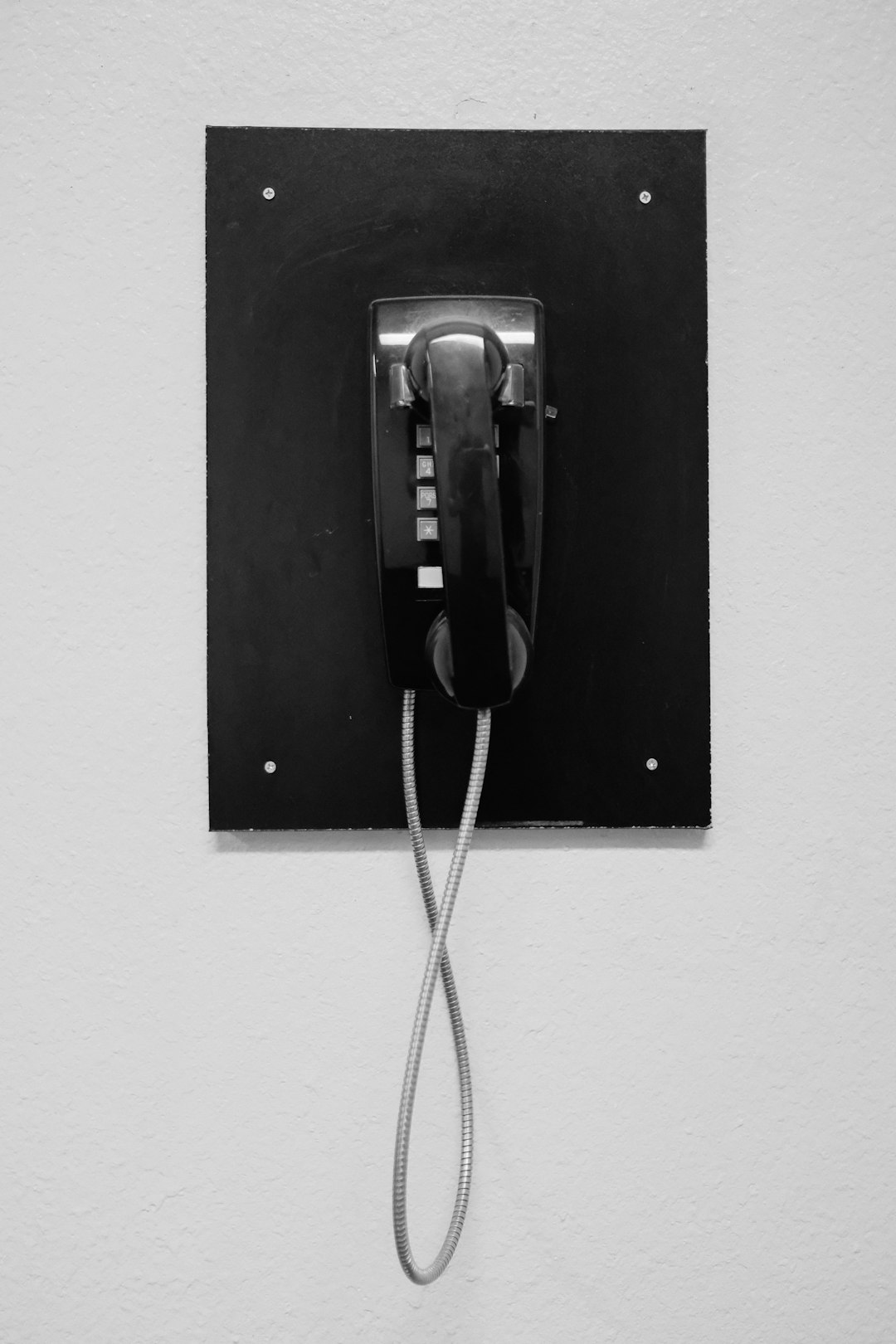Philadelphia consumers are protected from unfair debt collection practices by state and federal laws, including the FDCPA and City's Debt Collection Ordinance. Document interactions with suspected abusive collectors, save evidence of threats or harassment, and file official complaints with authorities like the Pennsylvania Attorney General's Office and FTC to report violations, avoiding direct contact with law firms (Do Not call law firms LA).
In Philadelphia, understanding your rights against aggressive debt collection practices is crucial. Debt collectors must adhere to strict regulations, and recognizing unfair tactics can empower you. This guide helps you navigate your options by explaining Pennsylvania’s debt collection laws, identifying red flags in collector behavior, and providing steps to report abusive practices. Learn how to gather evidence, file official complaints, and assert your rights without resorting to legal firms—a do-not-call approach for effective debt resolution.
Understanding Debt Collection Laws in Philadelphia

In Philadelphia, both state and federal laws protect consumers from abusive or unfair debt collection practices. Understanding these laws is crucial for knowing when and how to report debt collectors who violate your rights. The Fair Debt Collection Practices Act (FDCPA) sets forth guidelines that debt collectors must follow, including restrictions on the time of day they can contact you, the type of communication they use, and their overall behavior.
Philadelphia also has local ordinances that complement these federal laws, such as the City’s Debt Collection Ordinance. This ordinance prohibits debt collectors from engaging in deceptive or harassing behavior, demands clear and accurate communication about outstanding debts, and provides consumers with specific rights when disputing debt information. Remember, if a debt collector violates these rules, you have the right to report them to the appropriate authorities without contacting law firms directly (Do Not Call Law Firms LA).
Recognizing Unfair Debt Collection Practices

Debt collection practices can sometimes cross the line into unfair or abusive territory. Recognizing these practices is the first step to protecting your rights. Unfair debt collectors might employ tactics such as threatening language, harassment, or using misleading information to pressure you into paying. They may also refuse to provide valid documentation or validation of the debt they claim you owe.
If a collector does not identify themselves properly, refuses to take “no” for an answer, or uses aggressive or abusive language, these are clear signs that their methods are inappropriate. It’s crucial to remember that while legitimate debt collectors have the right to collect debts, they must do so in a fair and legal manner. If you believe you’ve encountered any of these unfair practices, particularly when a collector persists despite your requests for them to stop, it’s time to document the interactions and consider reporting them to relevant authorities in Philadelphia.
Gathering Evidence for Reporting

When reporting debt collectors in Philadelphia, gathering evidence is a crucial step. Document every interaction with the collector, including dates, times, and detailed descriptions of conversations or communication. Keep records of any threats, harassment, or abusive language used. Take note of the collector’s name, company, and contact information.
Gathering relevant documents such as contracts, payment records, and any correspondence from the debt collection agency can strengthen your case. Save text messages, emails, or social media communications as these can serve as digital evidence. Additionally, consider obtaining witness statements from anyone who overheard inappropriate behavior during interactions with the debt collector. Remember to keep all this information organized and easily accessible for when you file a report.
Filing an Official Complaint Against Debt Collectors

If you believe a debt collector has violated your rights, it’s crucial to take action. One effective step is to file an official complaint with relevant authorities. In Philadelphia, you can reach out to the Pennsylvania Attorney General’s Office, which offers a Consumer Protection Unit dedicated to addressing consumer complaints, including those related to debt collection practices. They provide guidance and resources for consumers facing debt collector harassment.
Additionally, the Federal Trade Commission (FTC) offers a simple online reporting tool for filing complaints about unfair or deceptive debt collection practices. When filing your complaint, be sure to include details like the collector’s name, contact information, and specific violations you’ve experienced—especially if they involve threatening language, false claims, or refusal to stop contacting you after you’ve requested cessation. Remember, do not engage with collectors by calling law firms; instead, focus on official channels to protect your rights effectively.






